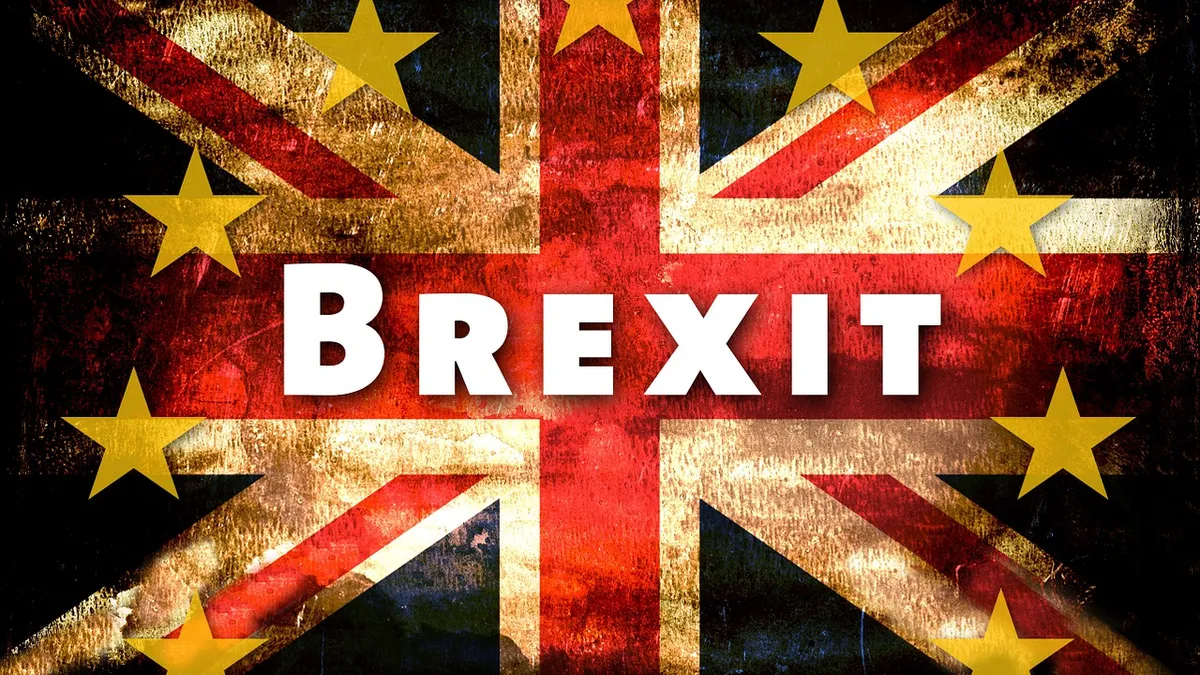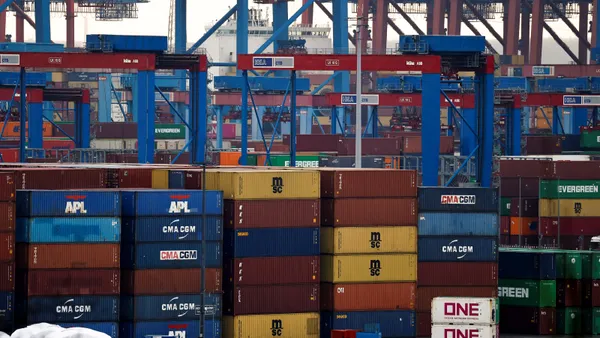Dive Brief:
-
The U.K. health ministry published additional information earlier this week about the regulatory landscape medical device companies will face if it crashes out of the European Union March 29 without a deal.
-
In the latest advice, the British regulator provides a more detailed look at the designation of the U.K. 'responsible person' requirement and other changes necessitated by a hard Brexit.
-
The U.K. position is designed to mitigate the impact of a hard split from the EU but will still force companies to make some changes.
Dive Insight:
The U.K. Medicines and Healthcare products Regulatory Agency has stepped up publication of guidance on planning for a no-deal exit in recent months as the Brexit clock has ticked down. Since MHRA last provided advice in January, the British government has introduced legislation designed to transpose elements of EU rules into U.K. law and otherwise ensure as smooth an exit as possible.
MHRA’s latest missive builds on its earlier publications and the draft medical device legislation now passing through parliament by providing additional color on what Brexit will mean for the industry.
Notably, the new advice goes into considerably more detail on the U.K. responsible person. MHRA previously said companies must establish a responsible person in the U.K. to register products with the agency after Brexit, as MHRA will cease recognition of representatives based in the EU.
Now, MHRA has elaborated on expectations of companies and the individuals filling those roles. MHRA will require a letter of designation or signed contract stating the name of the company and the address of both its overseas office and the U.K. responsible person. The document must state that the U.K. responsible person is acting with the consent of the overseas manufacturer.
In performing their work, a responsible person can draw on resources based outside of the country but must be based in the U.K. and contactable at the address provided. MHRA expects a company’s responsible person to have ready access to information including declarations of conformity and technical documents.
The guidance also clarifies the status of parallel importers, organizations that move authentic products between EU countries without the permission of the intellectual property holder. While the medicines section of MHRA’s earlier advice stated products “will still be able to be imported under a parallel import licensee in the event of no-deal,” the latest medical device update states “parallel importing from the EU into the U.K. will not be possible.”
It remains unclear whether the U.K.’s no-deal plans will be required. As it stands, there is no support in parliament for the deal Prime Minister Theresa May struck with the EU. If parliament continues to block the agreement, the U.K. will leave the EU without a deal on March 29 unless Brexit is delayed or cancelled.










